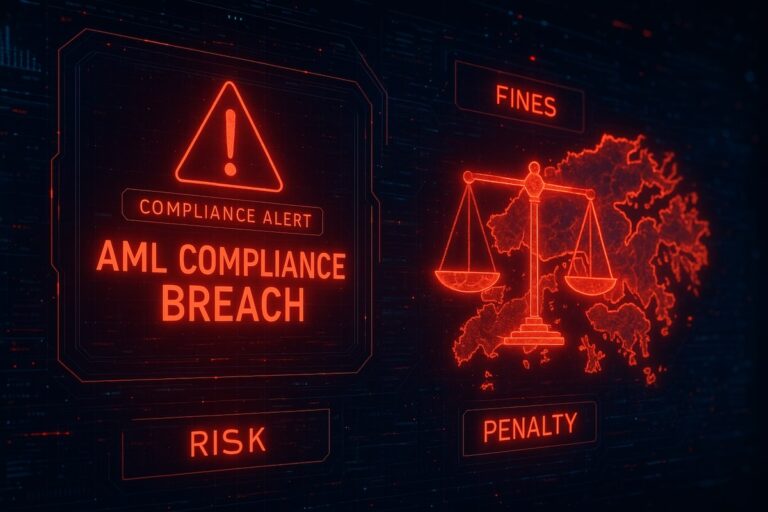Picture this scenario: someone approaches you with what appears to be a legitimate business transaction, complete with proper documentation and a reasonable explanation. Everything looks normal on the surface. But here’s the thing about appearances in finance—they can be deceiving. That money might have traveled through a maze of shell companies, sanctions violations, or digital marketplaces that operate in legal gray areas. When businesses accept crypto payments without proper due diligence, they’re essentially making the same bet—that what looks clean actually is clean. The problem is that “looking clean” and “being clean” aren’t the same thing, and the difference can be expensive to discover after the fact. In this post, I’ll walk through what crypto due diligence actually looks like and how businesses can protect themselves from these hidden risks.
What is Cryptocurrency Due Diligence?
The Four Pillars of Crypto Due Diligence
 Know Your Transaction (KYT) & Wallet Screening
Know Your Transaction (KYT) & Wallet Screening
Source of Funds (SoF) Analysis
 Counterparty Intelligence
Counterparty Intelligence
Regulatory & Sanctions Screening
How Businesses Can Protect Themselves with Crypto Due Diligence
- Establish a Clear Crypto Policy: Define your company’s risk tolerance and procedures for accepting crypto.
- Use the Right Tools: Invest in professional blockchain analytics software—it’s not optional.
- Train Your Team: Ensure compliance and finance teams are equipped to spot red flags.
- Don’t Trust, Verify: Foster a culture of professional skepticism in all transactions.
Don’t Navigate Crypto Risk Alone — Let Sphere State Be Your Guide
Why Choose Sphere State?
- Expert Investigators: Our certified experts can trace complex transactions where automated tools fail.
- Holistic Risk Reports: We deliver clear, actionable reports that combine on-chain and real-world intelligence.
- Asia-Focused Expertise: We understand the specific regulatory nuances in Hong Kong and the region.



